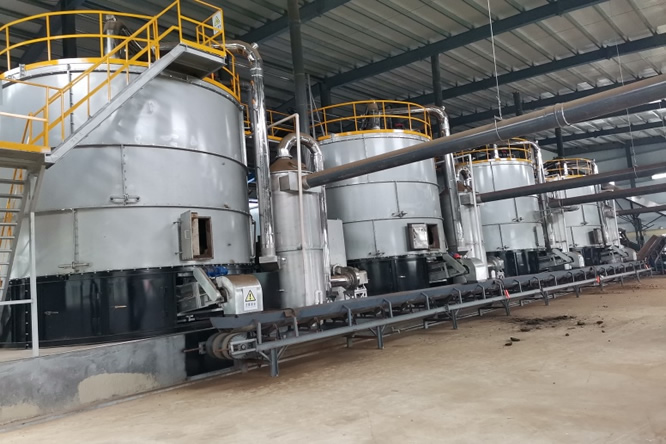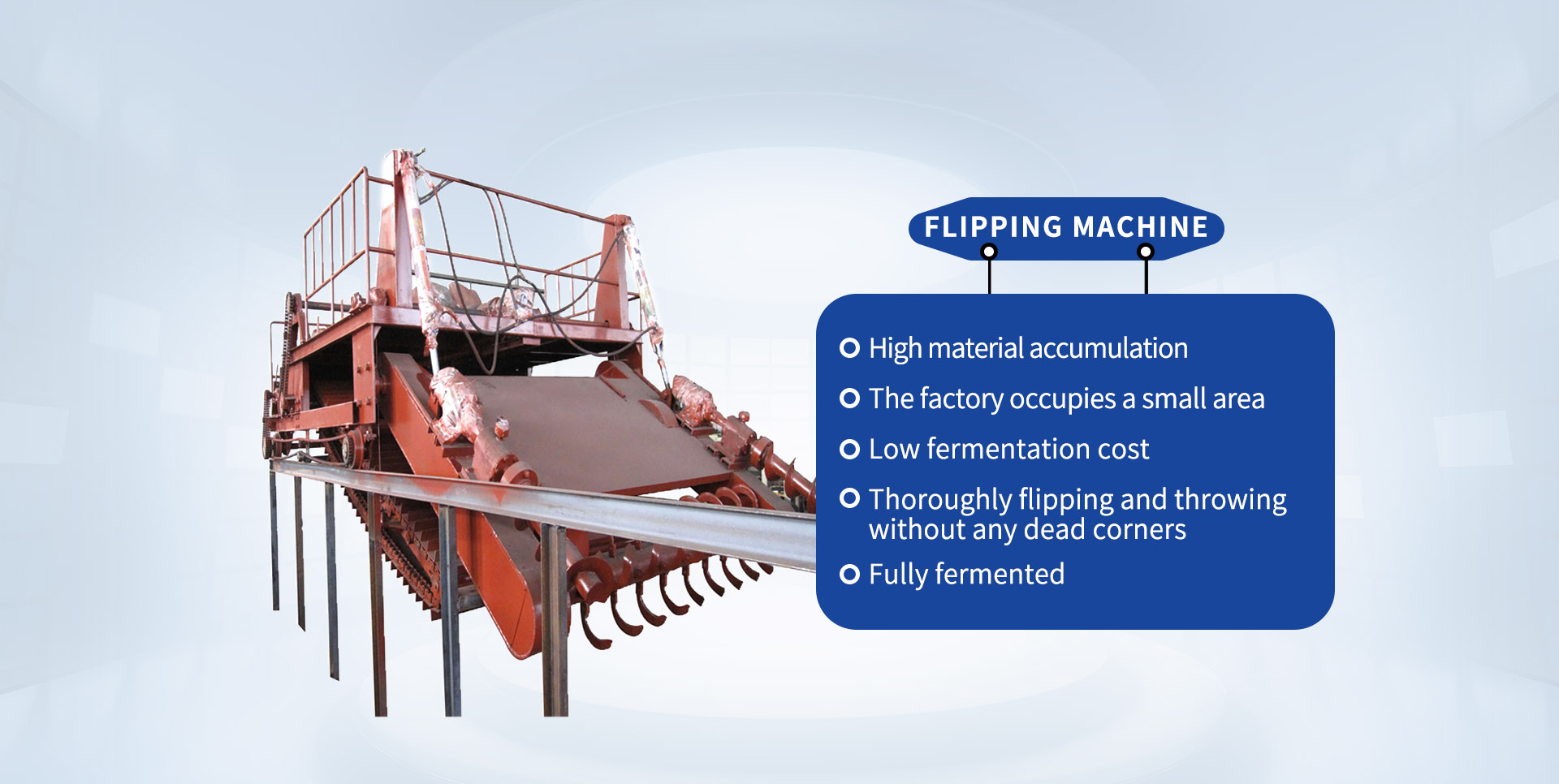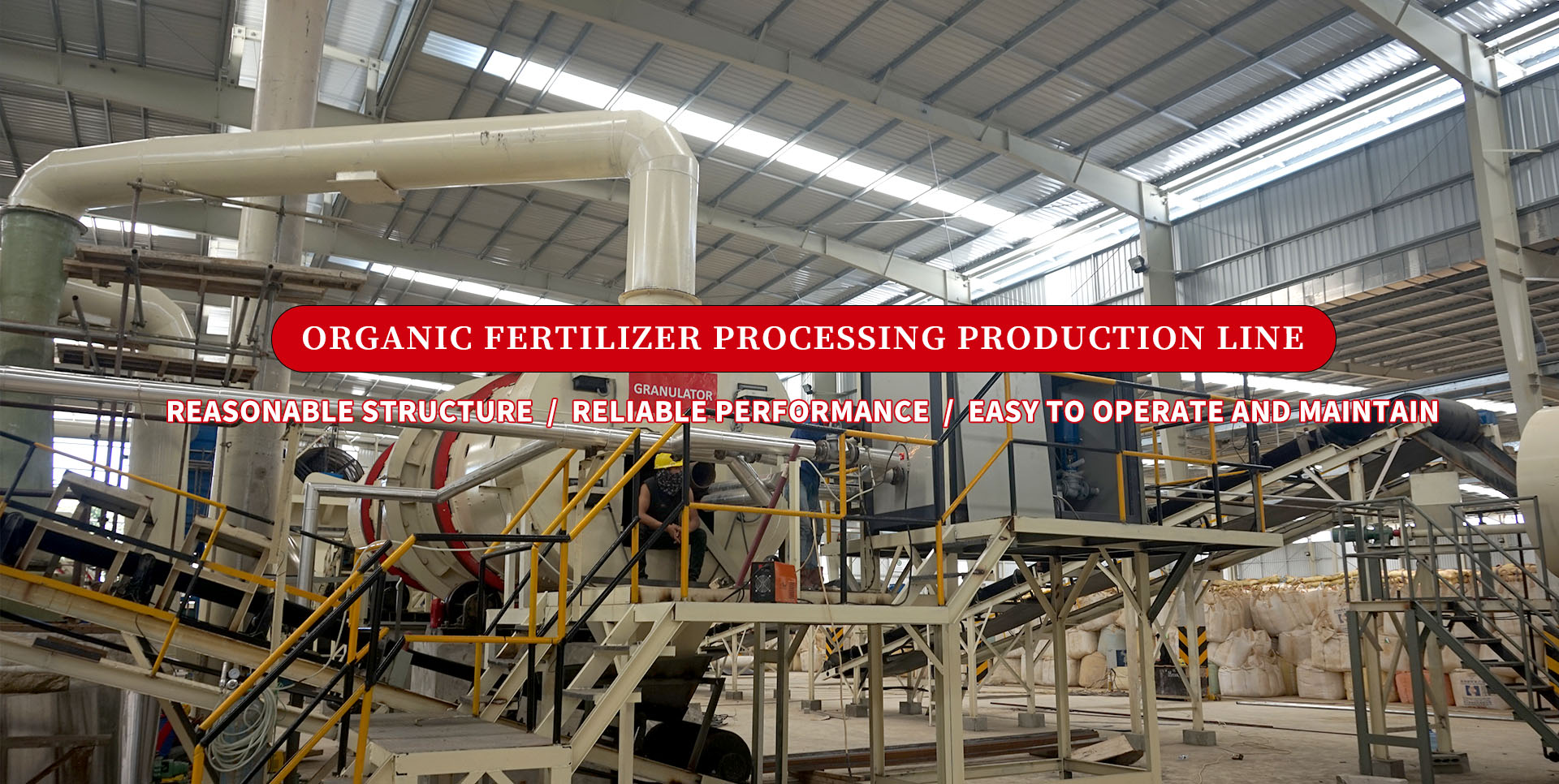


|
The organic fertilizer fermentation tank is a closed industrial equipment specifically designed for the harmless treatment and resource conversion of organic waste. Its core function is to regulate the microbial fermentation environment artificially, converting organic raw materials such as livestock manure, crop straw, kitchen waste, garden waste, and biogas residue into high-quality organic fertilizers that meet agricultural production standards. This equipment not only solves the environmental pollution problem caused by open-air stacking of organic waste (reducing methane emissions and avoiding contamination of soil and water bodies), but also realizes the “waste – resource” recycling. The produced organic fertilizer can improve soil structure, enhance soil fertility, and meet the requirements of agricultural green development and environmental protection, and is widely used in large-scale livestock breeding enterprises, agricultural waste treatment centers, organic fertilizer manufacturers, and ecological farms, etc. The equipment consists of a tank system (tank, upper cover plate, insulation layer), a stirring system (stirring shaft, stirring blades), a power system (hydraulic pump station, transmission device), a heating system (electric heating auxiliary device), a ventilation system, an input device, an output device, a control system, and an exhaust gas treatment system.
Characteristics of the organic fertilizer fermentation tank
Tank volume: 10 – 120 cubic meters
Efficiency (short fermentation cycle, strong treatment capacity); Environmental friendliness (reducing pollution emissions, no wastewater discharge, thermal energy recycling); Intelligence (automatic monitoring and regulation, remote monitoring and management); High product quality (high nutrient content, good product stability); Small floor area, low operating cost; High safety (solid material, hydraulic drive)
Applications of the organic fertilizer fermentation tank
1. In the agricultural field, it is an important tool for achieving agricultural circular economy. A large amount of crop straw, such as corn stalks and wheat stalks, were often burned for disposal, which not only polluted the environment but also wasted resources. The organic fertilizer fermentation tank can quickly ferment these straw and convert them into rich-nutrient organic fertilizers, which can be returned to the fields to improve soil fertility and promote crop growth. At the same time, other organic waste generated in the fields, such as fallen branches and leaves, can also be effectively treated.
Benefits: Transforming waste into treasure
2. In the livestock industry, the organic fertilizer fermentation tank plays a key role. Large amounts of livestock manure, such as pig manure, cow manure, and chicken manure, if not properly handled, will breed bacteria and pollute water sources and air. Using the fermentation tank to ferment this manure can completely kill harmful substances such as pathogenic bacteria and parasite eggs, converting it into safe and efficient organic fertilizer, which not only solves the pollution problem but also brings additional economic benefits to the livestock industry.
Benefits: Fertilizer conversion, solving pollution and bringing economic benefits.
3. In the horticulture and landscaping industry, the organic fertilizer fermentation tank also has great application value. Fallen branches and leaves from park and landscaping maintenance, as well as waste soil and fallen flowers and leaves from flower planting, can be treated by the fermentation tank, turning them into organic nutrient soil suitable for garden plants and flowers, achieving the resource utilization of these waste materials and reducing the cost of horticultural planting.
Benefits: Waste utilization, reducing planting costs.
4. In the municipal environmental protection field, the organic fertilizer fermentation tank is also indispensable. Sludge produced by urban sewage treatment plants contains a large amount of organic matter. If randomly piled up, it will cause secondary pollution. The fermentation tank can treat the sludge without harm, making it meet agricultural standards and become organic fertilizer raw materials. In addition, the organic part separated from urban garbage, such as kitchen waste, can also be treated by the fermentation tank, reducing the landfill volume of garbage and alleviating the pressure of urban garbage treatment.
Benefits: Transforming waste into treasure, solving the pressure of urban garbage treatment. 5. In industrial production processes, some industries generate organic waste, such as leftover materials from food processing plants and distillery dregs. These wastes are rich in organic matter. Through the fermentation process in organic fertilizer fermentation tanks, they can be converted into valuable organic fertilizers, achieving the resource utilization and reclamation of industrial waste and reducing the environmental protection costs of enterprises.
Benefits: Achieving resource recycling and reducing production costs.
6. In household gardening and small-scale planting sites, small organic fertilizer fermentation tanks have also begun to be used, meeting the fertilizer needs for household processing of kitchen waste and growing flowers and vegetables, promoting the popularization of green and environmentally friendly lifestyles.
Benefits: Popularizing green and environmentally friendly lifestyles.





